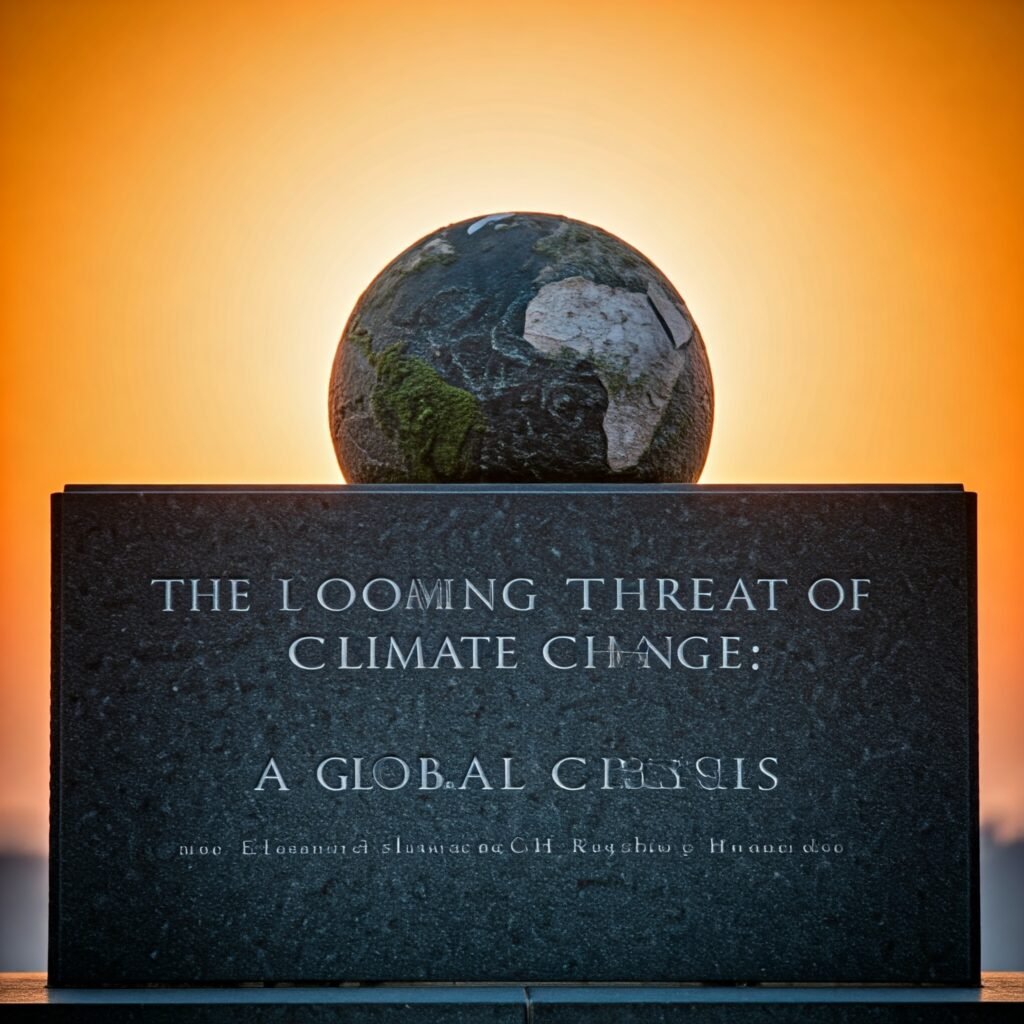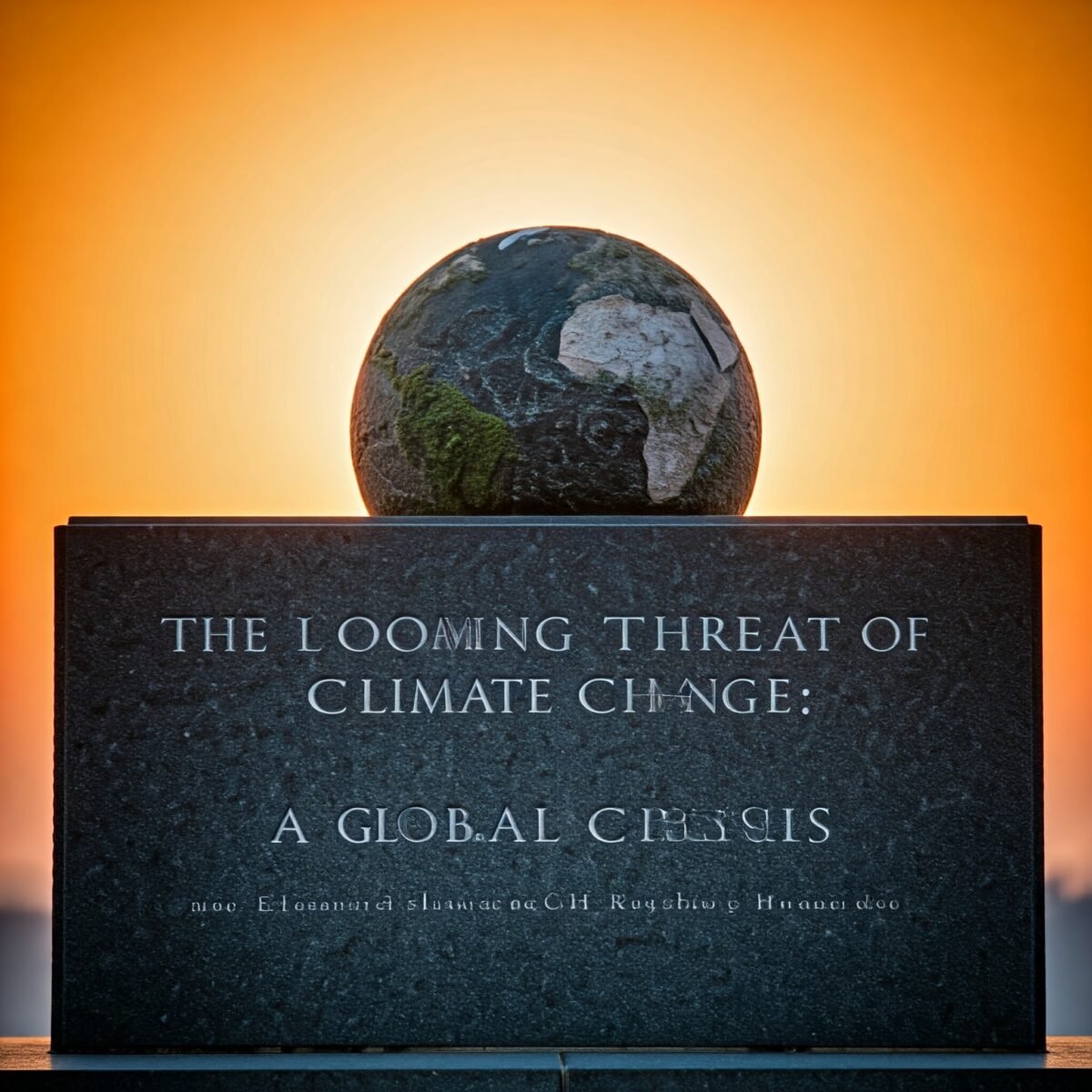
The Impacts of Climate Change
The impacts of climate change are already being felt worldwide. Some of the most significant effects include:
- Rising Sea Levels: As global temperatures rise, glaciers and ice sheets melt, leading to rising sea levels. This poses a serious threat to coastal cities and small island nations.
- Extreme Weather Events: Climate change is intensifying extreme weather events such as hurricanes, floods, droughts, and heatwaves. These events can cause widespread damage, loss of life, and economic disruption.
- Biodiversity Loss: Climate change is disrupting ecosystems and leading to the extinction of species. The loss of biodiversity can have cascading effects on ecosystems and human well-being.
- Food Insecurity: Climate change is affecting agricultural productivity, leading to food shortages and price increases. This is particularly problematic for vulnerable populations in developing countries.
- Health Risks: Climate change is exacerbating health risks, such as heat-related illnesses, respiratory problems, and the spread of infectious diseases.
Mitigating Climate Change
To mitigate climate change, it is essential to reduce greenhouse gas emissions and transition to a low-carbon economy. Some of the key strategies include:
- Renewable Energy: Investing in renewable energy sources like solar, wind, and hydro power.
- Energy Efficiency: Improving energy efficiency in buildings, transportation, and industry.
- Sustainable Agriculture: Adopting sustainable agricultural practices to reduce greenhouse gas emissions and protect soil health.
- Forest Conservation: Protecting forests, which absorb carbon dioxide from the atmosphere.
- International Cooperation: Collaborating with other countries to address climate change through international agreements and initiatives.
Adaptation to Climate Change
In addition to mitigation efforts, it is crucial to adapt to the impacts of climate change. Adaptation strategies involve building resilience to climate-related risks, such as:
- Infrastructure: Designing and building infrastructure to withstand extreme weather events.
- Water Management: Implementing water conservation measures and improving water infrastructure.
- Ecosystem-based Adaptation: Protecting and restoring ecosystems to buffer against climate change impacts.
- Early Warning Systems: Developing effective early warning systems to alert communities about impending natural disasters.
The Role of Individuals
While governments and businesses have a significant role to play in addressing climate change, individuals can also make a difference. Simple actions like reducing energy consumption, conserving water, and choosing sustainable products can contribute to a more sustainable future.
Conclusion
Climate change is a complex challenge that requires a global response. By understanding the science behind climate change and taking collective action to mitigate and adapt to its impacts, we can work towards a more sustainable and resilient future for our planet.



